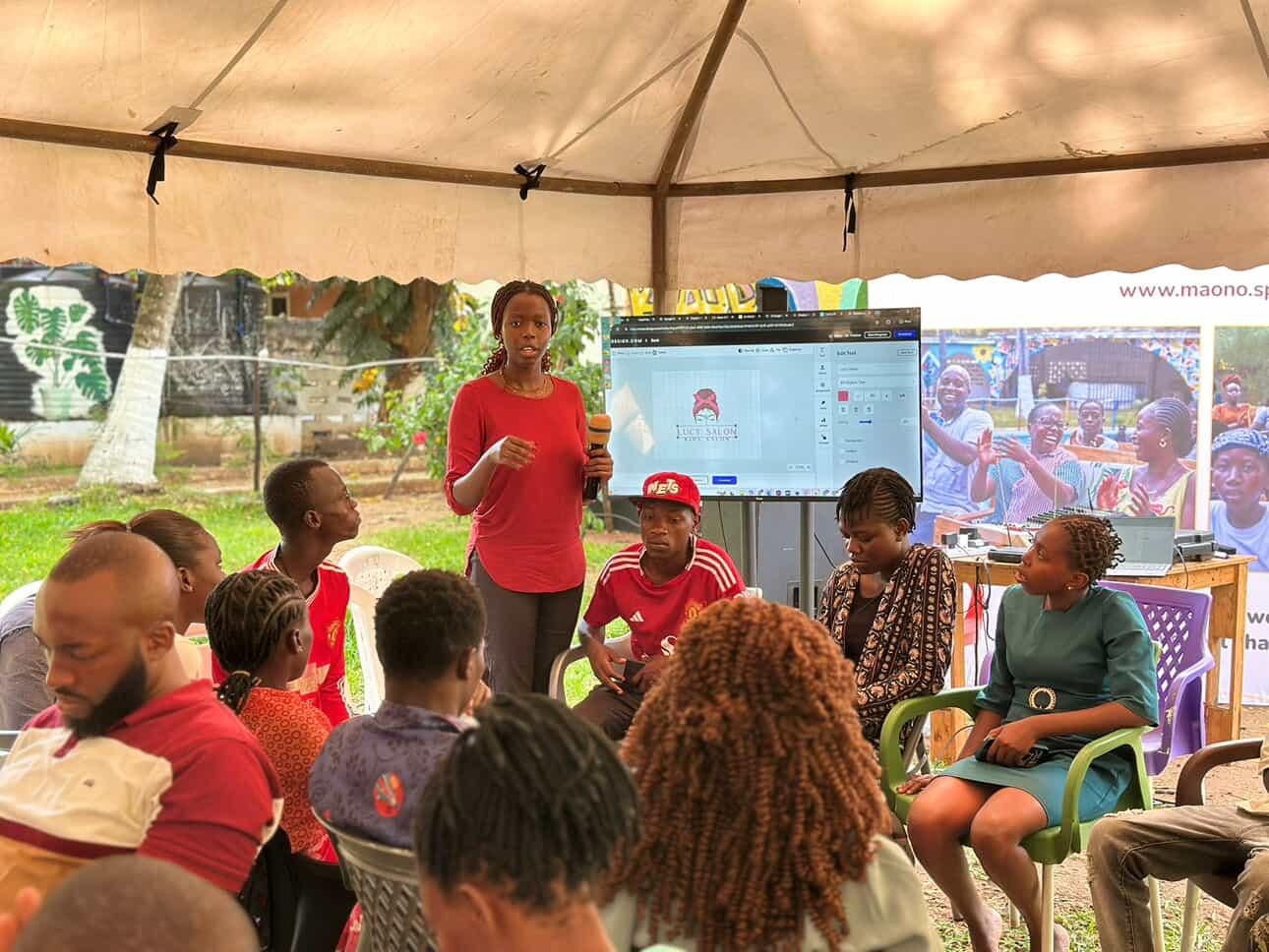The Open Institute welcomes the news that President Uhuru Kenyatta yesterday signed an executive order requiring all government entities and public owned institutions to publish details of tenders and awards from July 1, this year. We laud this action as a significant step in the fight against corruption. Public procurement is the number one risk of corruption and fraud in government. Too often, when government and business meet, public interest is not the highest priority.

President Kenyatta signed an executive order requiring all public entities to publish procurement and contract information for all Kenyans to access.
We are happy to see that the executive order requires the publication of this important data to allow members of the public to access the information, including “the items or services purchased, contract prices, and the particulars of the suppliers including owners, directors and beneficial ownership. This will enhance the highest level of public scrutiny at all units of public administration, and thereby improve the management of public resources for public good.”
This Affirmative Disclosure is a good step towards achieving globally agreed standards for Open Contracting as outlined in the Open Contracting Principles – particularly:
Governments shall require the timely, current, and routine publication of enough information about the formation, award, execution, performance, and completion of public contracts to enable the public, including media and civil society, to understand and monitor as a safeguard against inefficient, ineffective, or corrupt use of public resources. This would require affirmative disclosure of:
- Contracts, including licenses, concessions, permits, grants or any other document exchanging public goods, assets, or resources (including all annexes, schedules and documents incorporated by reference) and any amendments thereto;
- Related pre-studies, bid documents, performance evaluations, guarantees, and auditing reports.
- Information concerning contract formation, including:
- The planning process of the procurement;
- The method of procurement or award and the justification thereof;
- The scope and specifications for each contract;
- The criteria for evaluation and selection;
- The bidders or participants in the process, their validation documents, and any procedural exemptions for which they qualify;
- Any conflicts of interest uncovered or debarments issued;
- The results of the evaluation, including the justification for the award; and
- The identity of the contract recipient and any statements of beneficial ownership provided;
Whereas this is a positive step, we call on the government to move further and propose these measures into law to ensure that Kenya benefits from enduring transparency and increased accountability. We further call on the government to also require the publication of Information related to performance and completion of public contracts, including information regarding sub-contracting arrangements, such as:
- General schedules, including major milestones in execution, and any changes thereto;
- Status of implementation against milestones;
- Dates and amounts of stage payments made or received (against total amount) and the source of those payments;
- Service delivery and pricing;
- Arrangements for ending contracts;
- Final settlements and responsibilities;
- Risk assessments, including environmental and social impact assessments;
- Assessments of assets and liabilities of government related to the contract;
- Provisions in place to ensure appropriate management of ongoing risks and liabilities; and
- Appropriate financial information regarding revenues and expenditures, such as time and cost overruns, if any.
The Open Institute has long had an interest in the strengthening of accessibility such public information. Since 2013, we have maintained openduka.org, an award winning database of East African entities that visualises their connection to others. We are excited that this work will be reinvigorated as the Presidential order is effected. We are happy to support government efforts in this respect.
UPDATE: Download the executive order from here













